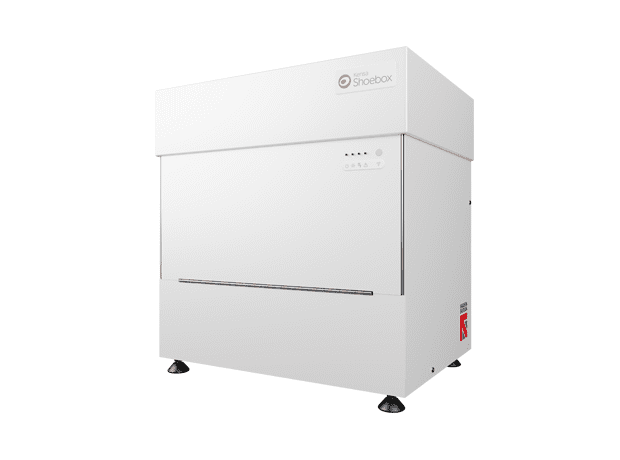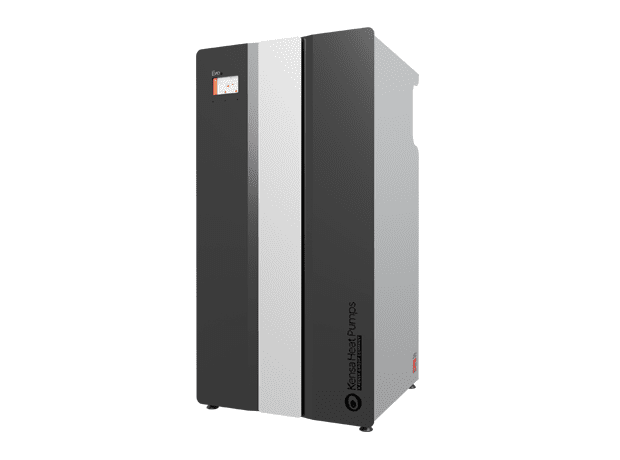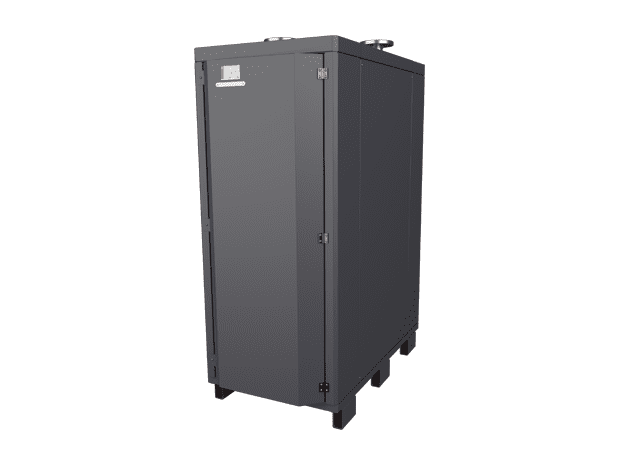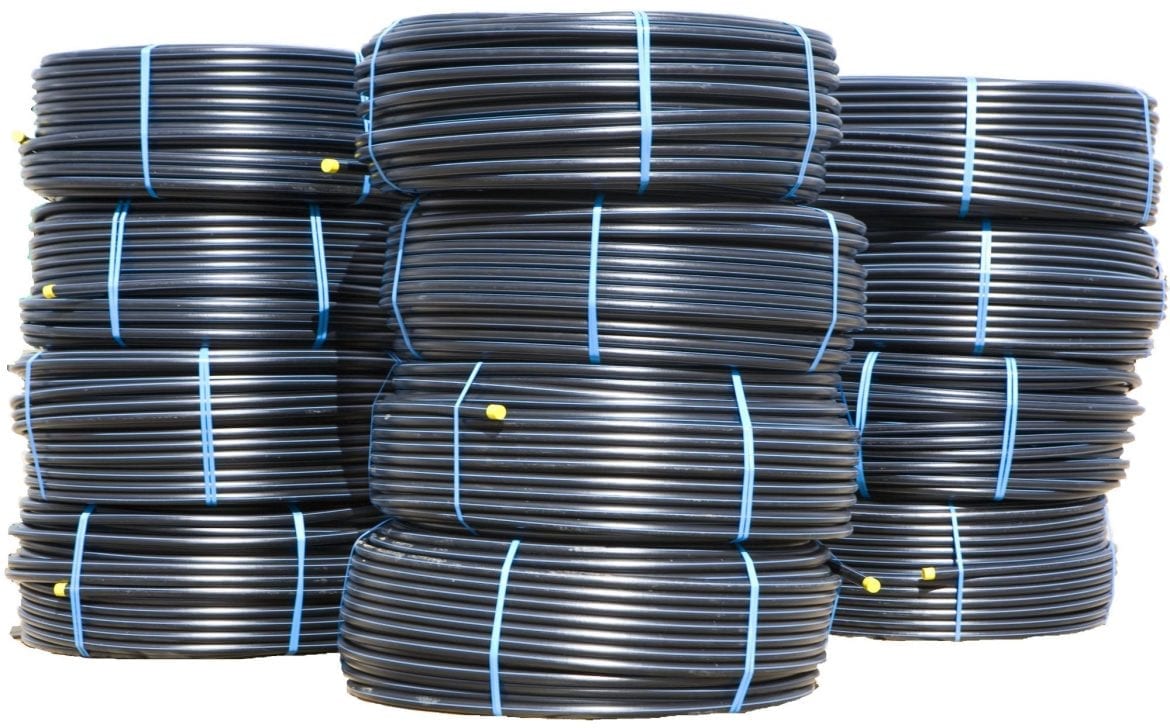Yarlington Housing Association
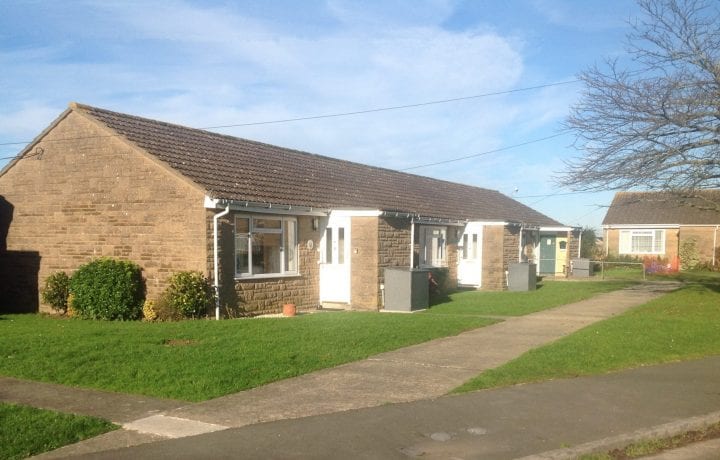
Ground Source Review: Yarlington Housing Association.
Kensa were approached by the social housing provider Yarlington Housing Group in late 2012 to undertake a retrofit project involving 200 of their housing stock. The project remit was to upgrade the heating systems on properties with the most vulnerable residents, installing new Kensa Compact ground source heat pumps to provide an efficient and economical means of heating and hot water, whilst reducing the carbon emissions of the stock.
- Retrofit Project of the Year 2013, H&V News Awards
Ground Source Review: Yarlington Housing Association
Replacing night storage heaters, the Kensa Compact is capable of handling all space heating and hot water needs. Each serves a new low temperature radiator-based heat distribution system and a new hot water cylinder equipped with an over-sized heat transfer coil to enhance efficiency. Each heat pump is connected to a 70-100m borehole drilled in the front garden of the property. A trench links the borehole to a Kensa Compact heat pump installed within a bespoke external enclosure made of recycled plastic, located on the front elevation.
Recognising the scope of the project Kensa offered a holistic turnkey solution that addressed Yarlington’s needs and secured the financial viability of the project through DECC RHPP support and CERT grants obtained through Kensa’s relationship with Scottish & Southern Energy, leading to the UKs largest GSHP retrofit programme. Uniquely, as a manufacturer of heat pumps, Kensa also offered a contracting service to provide complete peace-of-mind and single point accountability.
Funding criteria meant the project fulfilment was compressed into three months, which demanded exceptional project management and co-operation between Yarlington and Kensa.
The predicted SPF for the ground source heat pumps is 325%. Whilst the heat pumps have been designed to assume significant hot water usage, it is likely that the resident profile means actual consumption will be more modest. As a consequence, the return temperature from the borehole may be higher than anticipated which will enhance the system efficiency. Of course, as direct electric heating is being displaced, carbon emissions and running costs will be reduced by around 65%. The actual amount of carbon emitted will, obviously, reduce in the future as the electricity grid features an increasing element of clean energy.
Savings resulting from the ground source heat pump retrofit project:
| Post Code | Property Type | Date of meter install | Date of last meter reading | Cumulative heat pump meter reading kW/hrs | Cumulative heat pump cost at assumed COP of 2.8 Tariff £0.15 | Assumed cumulative NSH kW/hrs | Equivalent assumed cumulative Night Storage Heaters cost at £0.10 | Assumed saving compared to NSH |
|---|---|---|---|---|---|---|---|---|
| TA11 7NP | 1 Bed ET Bungalow | 09/07/2013 | 19/05/2014 | 1682 | £252 | 4,710 | £471 | 46.43% |
| BA22 8QF | 2 Bed ET Bungalow | 10/07/2013 | 19/05/2014 | 2096 | £314 | 5,869 | £587 | 46.43% |
| TA18 8NP | 1 Bed ET Bungalow | 13/08/2013 | 19/05/2014 | 3269 | £490 | 9,153 | £915 | 46.43% |
| BA22 7NR | 1 Bed MT Bungalow | 16/07/2013 | 19/05/2014 | 2154 | £323 | 6,031 | £603 | 46.43% |
| TA10 9RY | 1 Bed SD Bungalow | 09/07/2013 | 19/05/2014 | 1906 | £286 | 5,337 | £534 | 46.43% |
| BA22 8NE | 2 Bed SD Bungalow | 10/07/2013 | 19/05/2014 | 1601 | £240 | 4,483 | £448 | 46.43% |
| BA7 7HP | 1 Bed MT Bungalow | 16/07/2013 | 19/05/2014 | 1159 | £174 | 3,245 | £325 | 46.43% |
Figures correct as of 19th May 2014.


Ground Source Review: Yarlington Housing Association. - Outside of properties
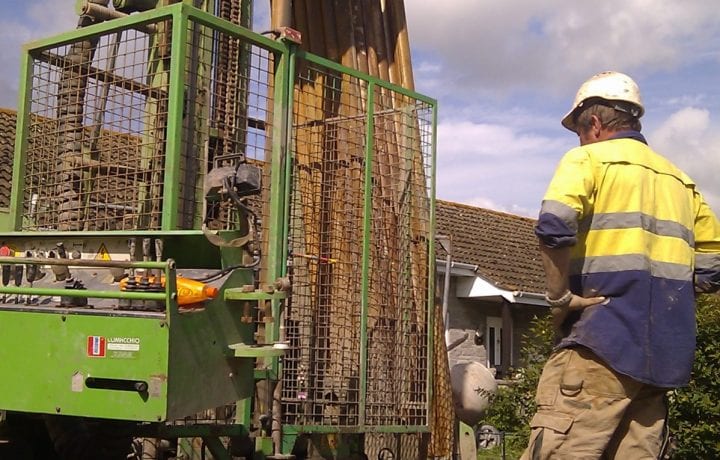

Yarlington ground source heat pumps borehole drilling - Installations
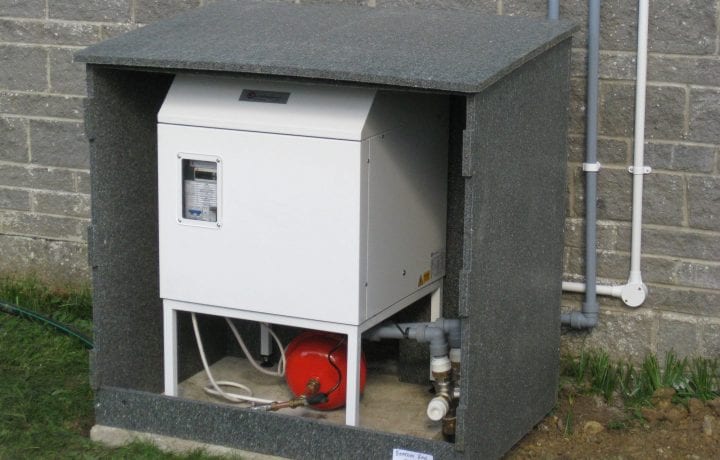

Yarlington ground source heat pump in recycled enclosure - Kensa compacts
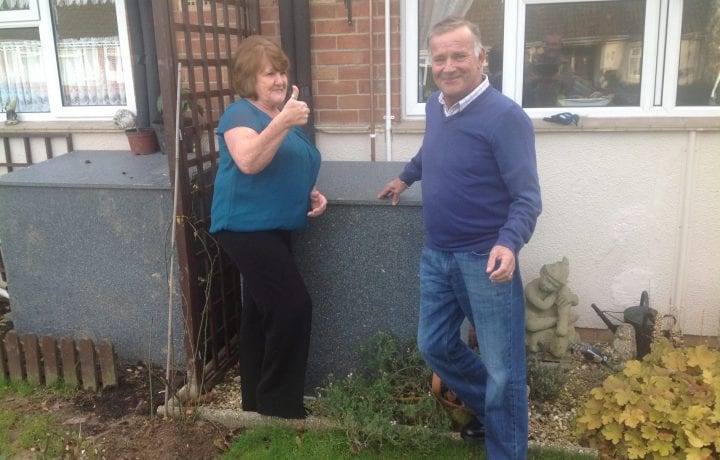

Ground source review: Mr & Mrs Coombe, Yarlington residents, happy with outcome


